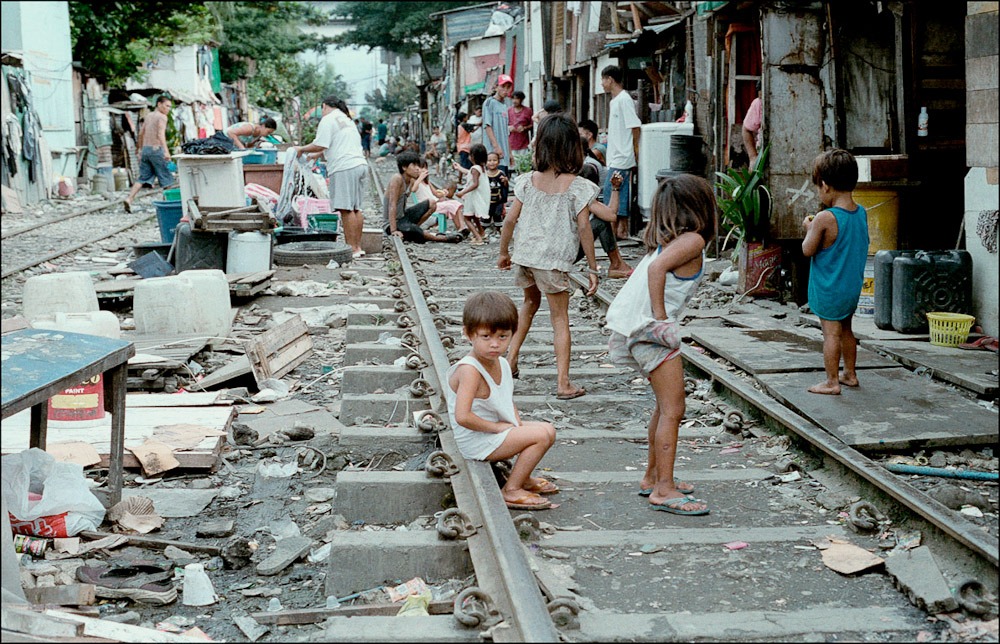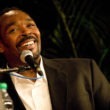(Source: Amy Lyne)
The folks at Rolls-Royce have just opened a brand-new dealership—in the poverty-stricken Philippines.
This nation of nearly 100 million people now hosts 334 deep pockets worth at least $50 million, more than enough, the Rolls-Royce CEO noted earlier this month in Manila, to guarantee a robust market “for the ultimate in super luxury.”
| A tiny tax on global personal wealth over $1 million could ensure that no child anywhere on the planet has to live in extreme poverty. |
One stab at that ultimate, the Rolls Ghost model, will retail to Filipinos of means at $602,000 to start. That’s over $600,000 more than the $1,879 personal net worth of the median, or most typical, Filipino adult.
In the Philippines today, says the just-released Global Wealth Report 2013 from the Credit Suisse Research Institute in Switzerland, 88 percent of adults have less than $10,000 to their name. Just 0.9 percent have over $100,000.
In our deeply unequal world, maldistributions of wealth this stark have become almost standard economic operating procedure.
The new data from the Swiss banking giant Credit Suisse put the world’s total personal wealth, as of this past June, at $241 trillion, an all-time record. The world’s richest 1 percent currently hold 46 percent of global assets. The poorest half of global adults hold less than 1 percent.
What do these numbers mean, in the daily lives people actually lead? A new World Bank report just out, The State of the Poor, offers some hints.
About 1.2 billion people in the world today live on less than $1.25 a day, a state of affairs that researchers define as “extreme poverty.” Only 26 percent of these extremely poor have access to clean water, only 49 percent access to electricity.
The good news? Things used to be worse. The number of people worldwide living in extreme poverty has actually dropped by 721 million since 1981.
But most of the gains for the world’s poorest have come in China and, to a much lesser degree, India. Throughout the rest of developing world, says the World Bank, “individuals living in extreme poverty today appear to be as poor as those living in extreme poverty 30 years ago.”
The World Bank has set a goal for ending this extreme poverty—by the year 2030. Need the world wait that long?
Actually, no, as World Bank analysts readily acknowledge in their new study. The investment needed to bring everyone in the world now living on less than $1.25 a day up out of extreme poverty turns out to be surprisingly modest.
| This article was originally published in Inequality.org and appears here by way of special arrangement. |
“If we had a magic wand and could perfectly target every extremely poor individual,” World Bank researchers note, the world would need “approximately $169 billion per year” to end extreme poverty.
That sum, the World Bank points out, equals about 0.5 percent of the Gross Domestic Product of the world’s developing nations. But the numbers in the new Credit Suisse Global Wealth Report suggest a more politically daring perspective.
There are 32 million adults who are worth more than $1 million collectively. They hold $98.7 trillion in personal wealth. These affluents make up 0.7 percent of the world’s adult population and hold 41 percent of the world’s wealth.
A graduated wealth tax that averaged 0.5 percent on all personal wealth over $1 million would raise about $500 billion annually, nearly triple the $169 billion needed to lift every soul on the planet out of extreme poverty.
The analysts at Credit Suisse don’t raise this tax-the-rich option. They observe only that “the world economy remains conducive to the acquisition and preservation of large and medium-sized fortunes.”
That may be a bit of an understatement. In the last year alone, the number of global million-dollar fortunes has jumped by 6.1 percent. The number of “ultra high net worth” fortunes—over $50 million—has jumped by over 10 percent. Nearly 100,000 people worldwide, 98,663 to be exact, now enjoy this over $50-million “ultra high net worth” status.
A reality Rolls-Royce dealers everywhere are no doubt gleefully applauding.
Sam Pizzigati is an Associate Fellow at the Institute for Policy Studies and editor of Too Much: A Commentary on Excess and Inequality. His latest book is The Rich Don’t Always Win: The Forgotten Triumph over Plutocracy that Created the American Middle Class.





0 Comments